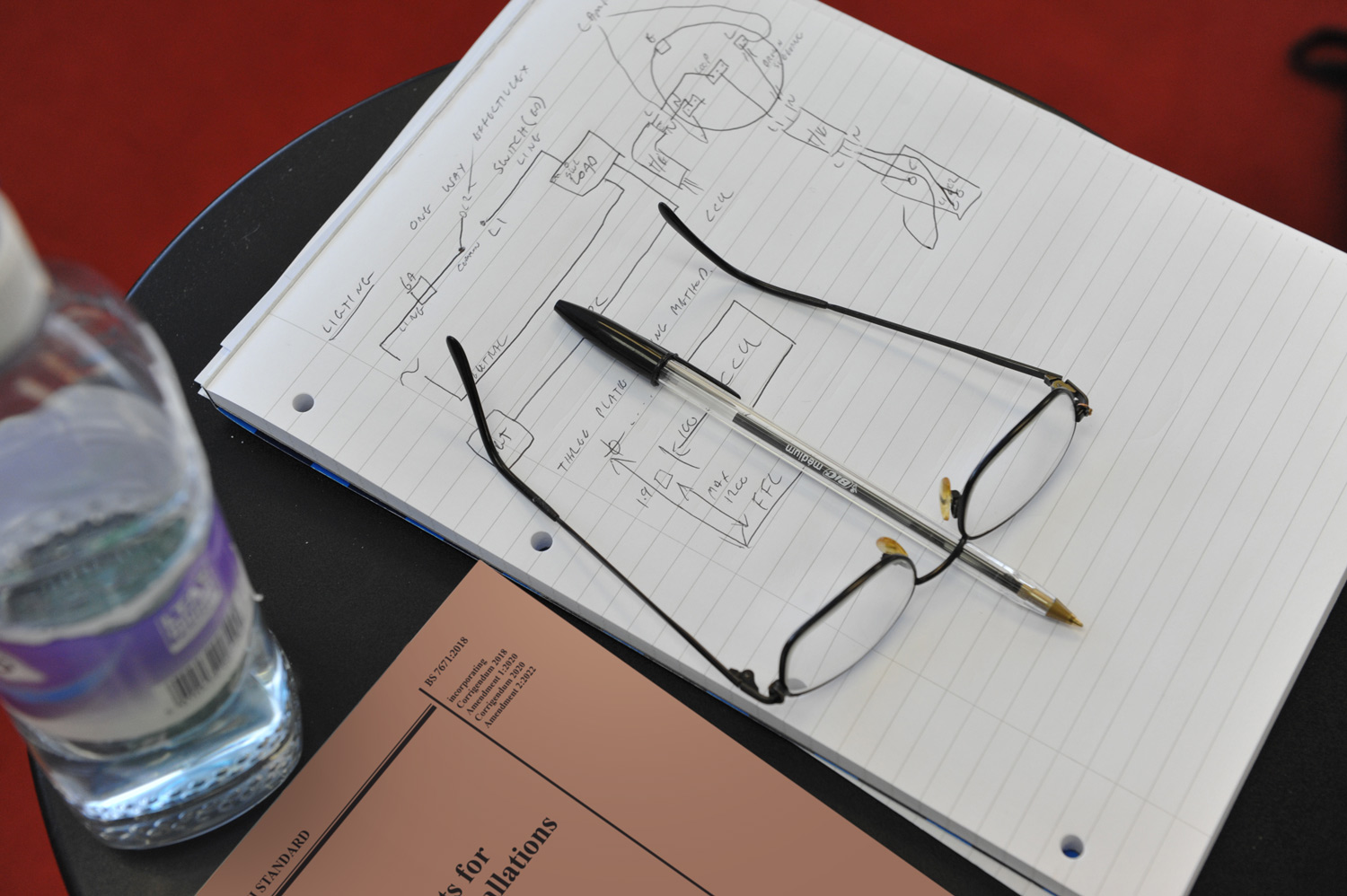The Calcard was introduced in September 2009 to regularly check the accuracy of an electricians multi-functional test instrument. The card is useful for those working on electrical equipment and installations where inspecting and testing is performed on a regular basis.
Its approval by the NICEIC and NAPIT just to name a few, means electricians can test up to five insulation resistance values themselves including: 0.5MΩ, 1MΩ, 2MΩ, 10MΩ and 20MΩ, which are all tested to 500V. It can also be used to verify five continuity tests including; 0.25Ω, 0.5Ω, 1Ω, 2Ω and 5Ω.
It’s recommended these tests are performed once a month and figures are recorded for your own reassurance. As this card has a three year guarantee it is accepted between formal calibration periods of the test instrument. The periodic check results should be kept for a minimum period of three years.


The Calcard is a great size, around the same as a credit card. It also displays the readings you should be seeing when you test the meter and probes. It’s made from laminated glass and fibre which ensures it doesn’t break or bend when carrying it around with you. The pads shown below enable you to test the probes without removing the tips from instrument probes, again making it easier to perform your monthly tests. It also comes with a unique serial number, identifying it to your meter.


Although the Calcard has been highly recommended and considered value for money by electrical bodies, it will only confirm resistances in respect of low ohms reading testing and insulation resistance testing. The full calibration tests will still need to be conducted annually by your local electrical provider.
So the question is, are they worth the money and do they add value? There’s been mixed reviews on forums about Calcards and if people find them useful or not. Theiet.org forum have praised the Calcard for:
- Ease of use
- The prompt it gives to check the meter monthly
- Providing peace of mind to those who are concerned for the accuracy of their meters
Those who purchased the card on tester.co.uk have also responded positively, saying the card provides accurate readings and state it’s fit for purpose.
Others have argued the Calcard isn’t worth the money, users from the Electricians Forum have said:
- The 12 month calibration test covers all basis
- They don’t believe the Calcard extends the life of the multi-functional meter as stated
- Due to not being able to test all functions means it’s pointless, and electricians should just wait for the 12 month annual calibration test.
The only benefit they believe the Calcard has is if you happen to drop your meter and you’re concerned about its post accuracy, some also say if the temperature can effect the readings for example if a metre has been left in a cold or hot place overnight.
So there’s slightly mixed reviews regarding the Calcard, but we believe it does have many uses, especially if you are newly qualified and want to ensure your meter always produces the correct readings. It’s also important to consider why companies including; NICEIC, IET, NAPIT and ECA are promoting the benefits of the card if they didn’t believe it was worthwhile.
We think it’s a great product to invest in, the affordability combined with the verification of the meter and probes definitely means it’s worthwhile for an electrician.




















